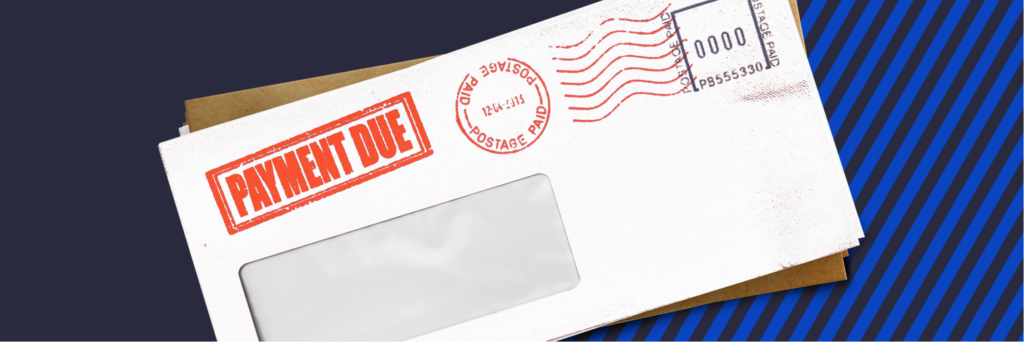If you know people with bad credit and they own a house, a car, and seem to be doing okay, you may feel that a low credit score isn’t a big deal. But whether you agree or not with the importance of maintaining good credit – or at the very least average credit – the consequences of a low score are undeniable. Here are six things that might be harder to do with a low score.
Buying a house
It’s possible to get a mortgage with less-than-perfect credit. However, just because you can qualify for a mortgage loan with a score as low as 620 doesn’t mean you’ll get the best deal.
You might get your foot in the door, but you’ll also get hit with a higher interest rate. And the higher your mortgage rate, the more you’ll pay each month. This isn’t the best news if your income barely qualifies for a specific loan amount.
Once the lender adds interest into the equation, they may decide the mortgage payment is too big for your income. In simpler terms, bad credit equals a higher interest rate, and a higher interest rate has a negative impact on purchasing power. So yes, you can buy a house with bad credit, but you’ll pay more for the house and you might not get what you want.
Renting an apartment
Renting is the fallback option for many who can’t get a mortgage loan. But with private landlords and management companies tightening their credit requirements, renting with a low score has become increasingly difficult. This might come as a shock to bad credit applicants who think applying for an apartment will be a breeze, as long as they have the income and a good rental history.
Many landlords run credit checks on prospective tenants. And while credit isn’t always the deciding factor, a low credit score can sway a landlord in the wrong direction.
A larger deposit could persuade some landlords, but it all depends on the landlord and the risk he’s willing to take. Additionally, some low score applicants have better luck if there’s a “cosigner to guarantee rent payments.”
Getting other type of loans
Unless you’re applying for certain federal student loans, which don’t hold credit scores against you, getting a variety of loans with a low score will be downright hard, if not impossible. Most lenders aren’t willing to take a chance on someone who pays late or skips payments. Can you blame them?
Banks take a gamble with each loan, and there’s always a chance that an applicant won’t pay. But the risk isn’t as bad when a prospective borrower has good credit and always pays bills on time.
Not that you can’t get a loan with a low score. Just know that you might have to go through a few lenders and jump hoops to find the right loan, and the loan offers you receive aren’t likely to have the most favorable terms. You could end up paying twice as much as someone with good credit.
Getting a cell phone contract
Not everyone can walk into Sprint or Verizon and leave with a cell phone contract. Like banks, cell phone providers have to minimize risks, which is why they run credit checks on prospective customers. The last thing they need is a bunch of customers ringing up high cell phone charges and never paying their bills.
Your chances of getting a traditional cell phone contract with bad credit aren’t good. And if you’re able to secure a contract, the provider may ask for a deposit which can run a few hundred dollars, depending on the company and your credit.
Of course, all hope isn’t lost, and there’s always the option of a pay-as-you-go cell phone plan. But without a contract you lose the ability to buy phones at subsidized prices, which could mean paying upwards of $650 for an iPhone.
Getting married
If your future spouse has good credit – and you have bad credit – he or she might set a few ground rules before walking down the aisle, namely improving your score.
This person isn’t responsible for debt you accumulate before marriage. But while he or she may be off the hook today, your bad credit habits can affect both of your financial futures.
Like most couples, you may eventually decide to buy a house or a car. If one of you has a super high credit score, don’t expect lenders to base approvals and interest rates on the higher score alone. They’ll instead take the average of both scores. In the case of an 800 and a 500 credit score, that’s a median score of 650 – not exactly high enough to qualify for prime rates.




